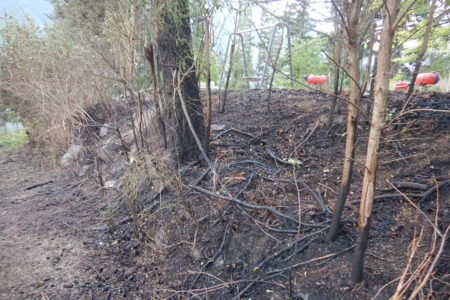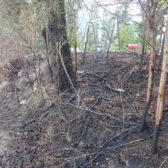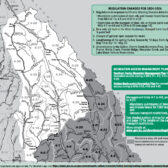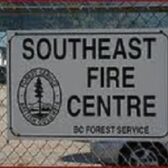Lost pet alert system could be introduced by city; seniors’ discount removed
The city is looking to establish a lost pet alert system that is “100 per cent” effective, but is also eliminating the reduced fee structure for pet owners over 65 years of age.
City council gave three readings to the bylaw that will establish the service, as well as adjusting animal licensing fees that have been dormant since 2003. The bylaw still awaits final reading and adoption.
According to DocuPet — the provider of the lost pet alert system — the lost pet service has a 100 per cent success rate in other communities of reuniting lost pets with their owners “when used properly.”
The service would be offered for those who license their dog through city hall, and pay the basic licensing fee for a spayed or neutered dog — which will rise by $7 to $32 if the bylaw is adopted.
But the reduced fee structure for pet owners over 65 years of age has been eliminated. It was found with online registration it would not be feasible to verify if an applicant was eligible for the discount.
“There may initially be some difficulty in adjusting to the new system, mainly in the removal of seniors discounting and introduction of online registration, though registration in person would still be available,” a city staff report advised council.
A review of animal license fee structures in some neighboring communities found that seniors discounting was a rarity.
According to the city staff report, it was estimated that pet license compliance was around 10 per cent for most municipalities, due primarily to a lack of awareness, convenience and incentive to purchase a tag.
Around 200 licenses are issued by through city hall each year, but the city will aim to improve the animal licensing process for residents, with a Canadian company called DocuPet.
“DocuPet’s online pet licensing service is being used successfully in 17 municipalities in Ontario, such as Kingston, Guelph, and St. Catherines,” the report noted.
The DocuPet service would provide pet owners and the city with:
- An easy to use online pet registration system, giving pet owners the option to sign up and renew from home, rather than only in person during business hours at City Hall.
- Enhanced services, such as a “Lost Pet Alert” system, and a rewards program with local businesses.
- Improved administrative and enforcement tools and awareness.
The report noted that the DocuPet system “has proven to increase compliance in other communities by enhancing the value that the license brings to the pet owner.”
As a result, there is a projected 25 per cent annual increase in compliance over the next five years.
The following changes are being made to animal license fees:
- A $5 increase in annual animal license fees.
- Removal of the pro-rated fee schedule for tags purchased after Aug. 31 (no longer required, as licenses are valid for 12 months from date of purchase).
- The reduced fee structure for pet owners over 65 years of age has been eliminated.
- The reduced fee for dogs used for puppy walking purposes is discontinued. This license type has not been sold in recent years.
- A new $30 fee for cat owners wishing to take advantage of the new service will be created (there is currently no bylaw requirement to license cats)
Through the rewards program, those who purchase a tag will see a return on their fees through discounts at local retailers. This program also encourages owners to “shop local,” benefiting Nelson businesses.
A ban on asbestos
City council has passed a resolution on the banning of asbestos in Nelson.
Council voted to support the Canadian Labour Congress’ call for a comprehensive ban on asbestos and will be sending a letter to Prime Minister Justin Trudeau, the federal minister of Labour and the minister of Health asking them to pass legislation officially banning the use, exportation and import of asbestos, calling for a national public registry of buildings that currently contain asbestos.
Counc. Robin Cherbo brought the motion to council, noting that an estimated 2,000 people die every year from diseases caused by asbestos exposure, like mesothelioma and lung cancer. Death from mesothelioma increased 60 per cent between 2000 and 2012.
He said asbestos-related diseases are on the rise: In 1992, there were 276 recorded cases of mesothelioma. Twenty years later the number of new cases of mesothelioma has more than doubled, with 560 recorded in 2012.
According to the Labour Congress, asbestos imports into Canada are increasing. Imports of asbestos-related items rose to $8.2 million in 2015.
In addition to their health, Canadians’ jobs are being put at risk. Canada is importing replacement brake pads and linings containing asbestos, despite the fact that Canada manufactures non-asbestos replacement alternatives.



























